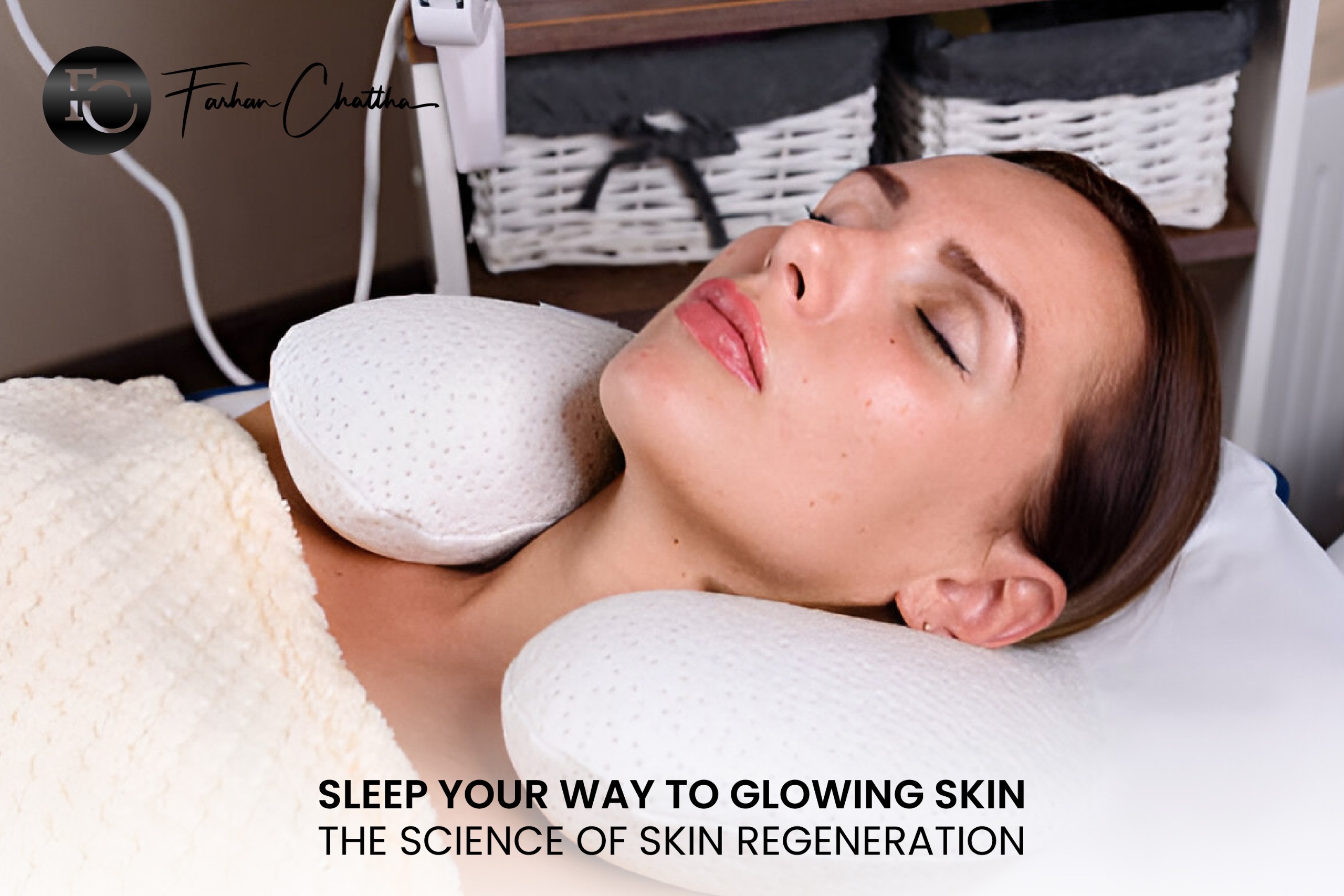Sleep, often considered the unsung hero of skincare, plays a vital role in maintaining healthy, radiant skin. During sleep, your body repairs and regenerates damaged skin cells, producing collagen and elastin, essential proteins for a youthful appearance. In this article, we’ll delve into the importance of sleep for skin health, exploring how sleep deprivation affects your skin and providing expert tips for harnessing the power of sleep for glowing skin.
The Importance of Sleep for Skin Health
Sleep deprivation can have devastating consequences for your skin, leading to:
1. Premature Aging: Sleep loss accelerates the aging process, causing wrinkles and fine lines.
2. Wrinkles and Fine Lines: Inadequate sleep reduces collagen production, resulting in skin sagging.
3. Dull Complexion: Sleep deprivation causes pale, dull skin due to poor blood circulation.
4. Acne and Inflammation: Sleep loss triggers inflammation, leading to acne breakouts.
5. Impaired Skin Barrier Function: Sleep deprivation weakens the skin’s natural barrier, making it vulnerable to environmental stressors.
How Sleep Affects Skin Regeneration?
Sleep stages critical for skin regeneration include:
1. Deep Sleep: Collagen production and tissue repair occur during deep sleep.
2. REM Sleep: Hormone regulation and skin cell turnover happen during REM sleep.
3. Slow-Wave Sleep: Inflammation reduction and antioxidant production occur during slow-wave sleep.
Sleep-Deprived Skin: Common Issues
Sleep-deprived skin often exhibits:
1. Puffy Eyes: Water retention and poor circulation cause puffiness.
2. Dark Circles: Inadequate sleep leads to discoloration and shadowing.
3. Dull, Dry Skin: Sleep loss causes dehydration and dullness.
4. Acne Breakouts: Inflammation triggers acne.
5. Increased Sensitivity: Sleep deprivation heightens skin sensitivity.
Tips for Better Sleep and Glowing Skin
1. Establish a Consistent Sleep Schedule: Regulate your body’s internal clock.
2. Create a Sleep-Conducive Environment: Dark, quiet, and cool spaces promote sleep.
3. Avoid Screens Before Bed: Blue light disrupts sleep patterns.
4. Exercise Regularly, But Not Before Bed: Exercise promotes sleep, but avoid pre-bedtime workouts.
5. Manage Stress: Stress reduction techniques, like meditation, improve sleep quality.
Additional Skin-Boosting Sleep Tips
1. Sleep on Your Back: Reduce wrinkles and skin creasing.
2. Use a Silk or Satin Pillowcase: Minimize skin friction.
3. Keep Your Bedroom Cool: Regulate body temperature.
4. Stay Hydrated: Drink water before bed.
The Science Behind Sleep and Skin
Research reveals that sleep-deprived skin:
– Has reduced collagen production (Journal of Clinical Sleep Medicine)
– Exhibits increased inflammation (Sleep Medicine Reviews)
– Shows impaired skin barrier function (Journal of Investigative Dermatology)
Conclusion
Prioritize sleep for healthier, brighter skin. By optimizing your sleep habits, you’ll wake up to a more radiant complexion. Remember, sleep is essential for skin regeneration, collagen production, and overall skin health.

